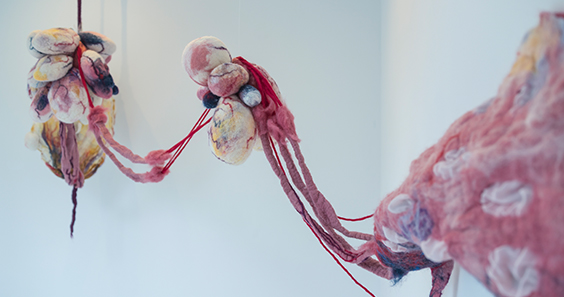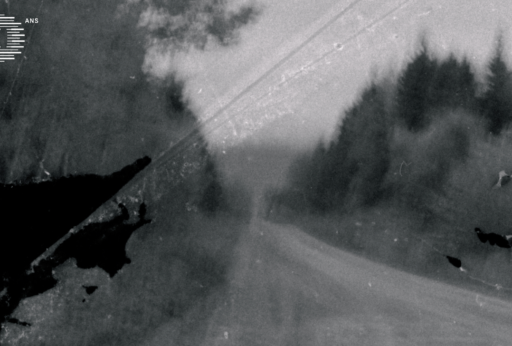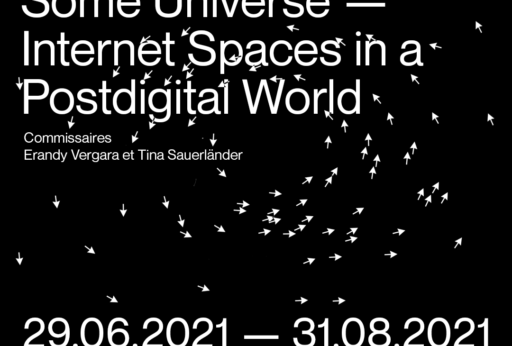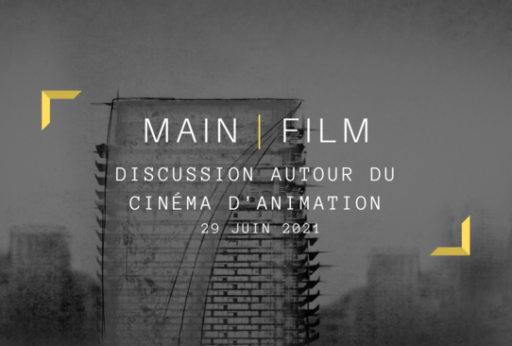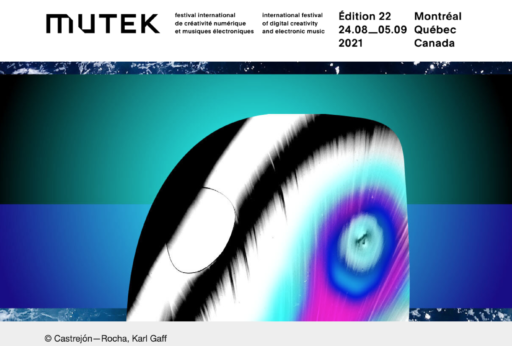Vernissage : Le samedi 1er février 2020 à 17 h
Exhibition
February 1 to March 7, 2020
Opening
Saturday, February 1, 2020 at 5 p.m.
Guided tours in French and Spanish
February 21 at 4 p.m. and February 29 at 12:30 p.m.
Roundtable
February 29 at 2 p.m.
With Alena Robin, Diogo Rodrigues de Barros, Eddy Firmin and the curators
Free entry
The Recipe: Making Latin-American Art in Canada brings together six artists and two curators originally from Colombia, Guatemala, Brazil, Venezuela, Salvador, and Cuba. Those artists and curators are living, working and dreaming in Chicoutimi, Montreal, Quebec, Toronto, Oakville and Vancouver. They also exist, create and imagine (themselves) across and beyond many territories, from North America to Latin America, sometimes throughout the edge of the planet. Joined together at OBORO, they wonder, with appetite and greed, what mix of “ingredients” is required for an artwork conceived, developed, or imagined on Canadian soil to be perceived as a “Latin-American” work. Therefore, this curatorial experiment aims to examine multiple statements, which go beyond traditional boundaries, on what could be considered “Latin-American art” or a “Latin-American artist” today.
At OBORO, The Recipe offers to see and hear revised/expanded/recomposed or site-specific versions of the works first presented at Sur Gallery (Toronto, 2018), revealing the wide spectrum of influences and references that shape these artists’ imaginaries, beyond their countries of origin or cultural roots. The temporal and geographical distance that separates the works from their first presentation has, moreover, increased the number of references/connections/bifurcations/sources of inspiration that make them (re)live. From sculpture to painting, through relational installations or interactive videos to digital pieces, the works navigate from one medium to another, or weave in between them. With a crystal-clear voice, they speak about cancer survivors, analog technologies, converted objects, capitalist and neoliberal powers, transcultural tactics and urban and identity cartography.
